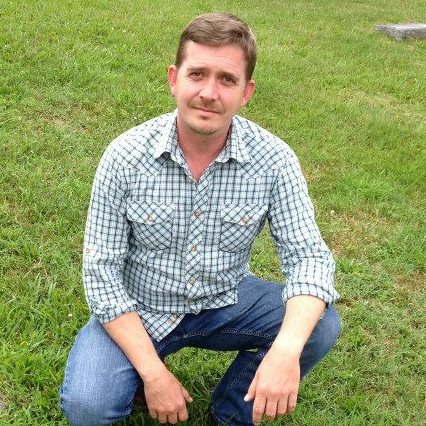Ghost Disco / C.G. Dominguez
- Sheldon Lee Compton

- Jan 8, 2024
- 3 min read

After the fact, I think it’s normal to catalog the things I didn’t have time to say to you. This kind of thinking forms a common self-soothing refrain: oh, yes, everyone must feel this way. Move along, rubberneckers. No notable tragedy here.
In particular, I think of all the works I loved that I was never able to persuade you to read. I did my best to keep up with your catholic tastes, to dive into the stories that mattered so much to you. I strained and suffered through the rich allusions in The Charioteer. I even made it through House of Leaves, lord help me. It was work enough just to keep up with the product of your own pen, and my pen, and my mounting piles of books.
In the end, I realized I knew nothing of your life. So, to distract myself, I think of those who I did know, in some small way. My beloved pulp authors, the great voices of the twenties and thirties, the “Million-Words-A-Year Men.”
Henry Kuttner and C.L. Moore, lovers to the last, used to keep a single typewriter in their New York apartment, with a single story running. At intervals, each one would sit down and work at the tale, pecking out a few paragraphs at a time before leaving it for the other to continue. They operated with such a united artistic imagination that when the thing was done, neither could remember who wrote what.
I wonder if we could have done that if time and space had not conspired together to prevent it. The edges between your style and mine had already begun to blur so much. I used to worry that I was picking things up, adopting affectations that weren’t mine, until revisiting earlier work I saw that wasn’t true at all. Neither of us budged, really. We stayed fundamentally true to our own styles, but they resembled each other from the beginning to a degree that was truly uncanny, almost surreal.
Robert E. Howard, Conan’s creator. He was dead at thirty, by his own hand. For all he succumbed to the worst excesses of the pulp golden age, you could never deny his fluency, the instinctual flow of his tales, their scintillant sense of play. Never has anyone served so well as a conduit for his own creative imagination, working almost without restraint, without hindrances.
Howard even described it that way himself. He liked to say he often felt he had Conan sitting at his kitchen table, relating his own stories in self-aggrandizing fragments, the way we all would love to do one day, putting our life’s color in the hands of someone with the talent to properly paint its likeness.
Then, R.H. Barlow. The boy genius. Barlow, Lovecraft’s great protege. He wrote a memoir of a surreal six week’s vacation, when his impoverished hero showed up at the bus depot for a visit, surprised to find his close friend and constant correspondent was only sixteen. I think of him often tramping through the Florida swamps of his teenage home with a middle-aged hero in tow. Probably in love. How else could he have felt, with his idol taking residence in his own house, eating the breakfasts his mother cooked, and always willing to listen and talk and advise, relating the alien geometries of his dreams?
Barlow, too, killed himself. Alone in his quarters in Mexico City, on the cusp of being outed, driven to the terrible end that might have seized either of us had we been born in the wrong time, as he was. His death even made it into an acid letter of Burroughs, who described the scene with appalling indifference. A queer professor from Missouri…knocked himself off with an overdose of goof balls. Nothing ever made me hate the Beats so much as those few lines, with all their careless cruelty.
I bought an old photograph the other day, “Four Children with their Pet Deer.” You would have loved it, would have had much to say about how you hoped it might be a picture of your own cozy domestic future.
I wondered for a while what became of the seeds I sent you, the ones you planted right at the last. You described the scene for me so well; your hands in the earth, your eyes focused, eager to learn the pursuit I spoke so often, of the endless joy of growing things.
The marigolds were mine, gathered from my own plants. Probably the deer ate them. I’ll never know. I won’t ask.
/
C.G. DOMINGUEZ a proud Boricua working and writing in the American Midwest. Her work has or will soon appear in Muleskinner, Greyhound Journal, Hofstra's Windmill, MISTER Magazine and elsewhere.




Comments